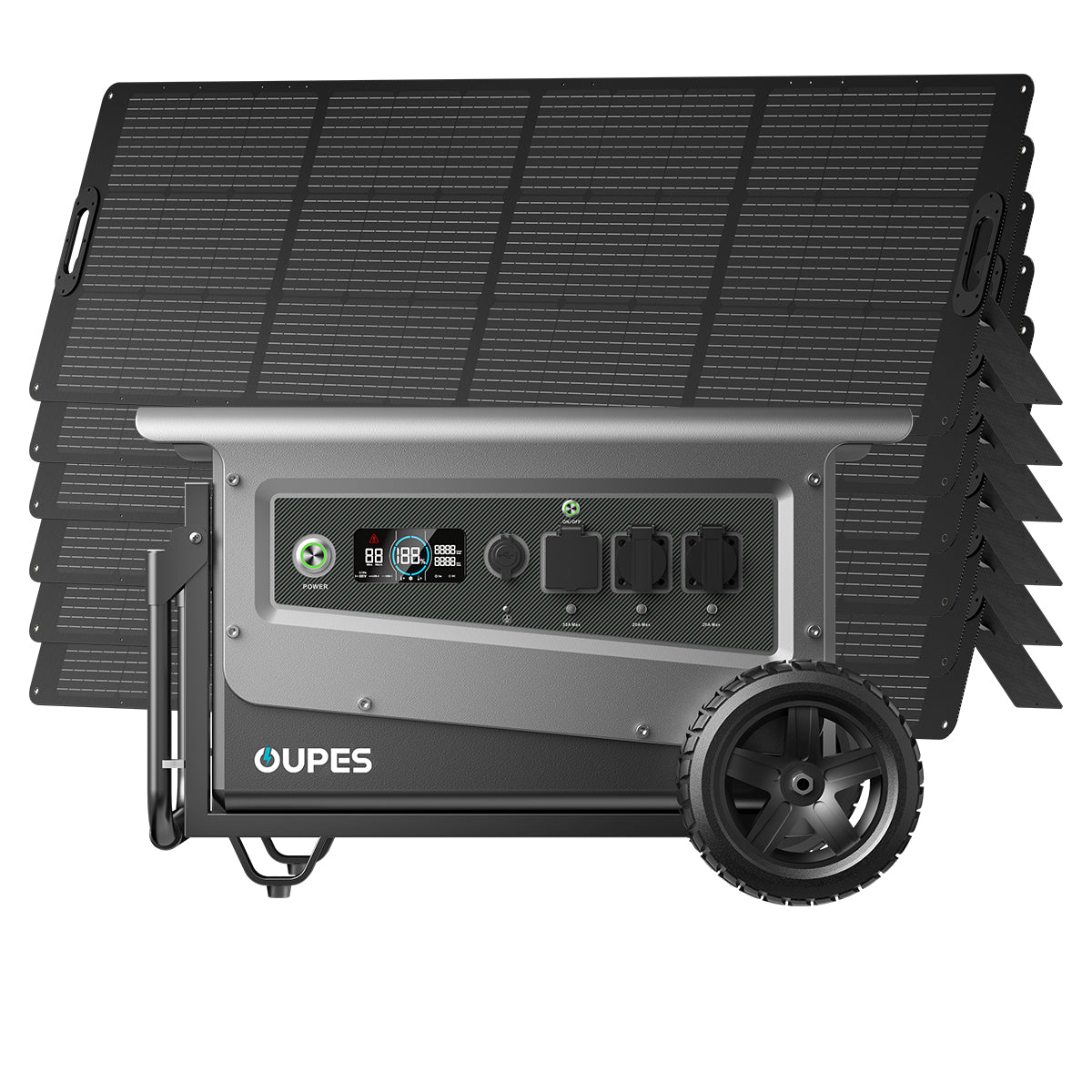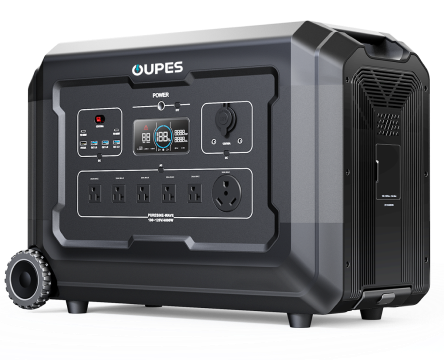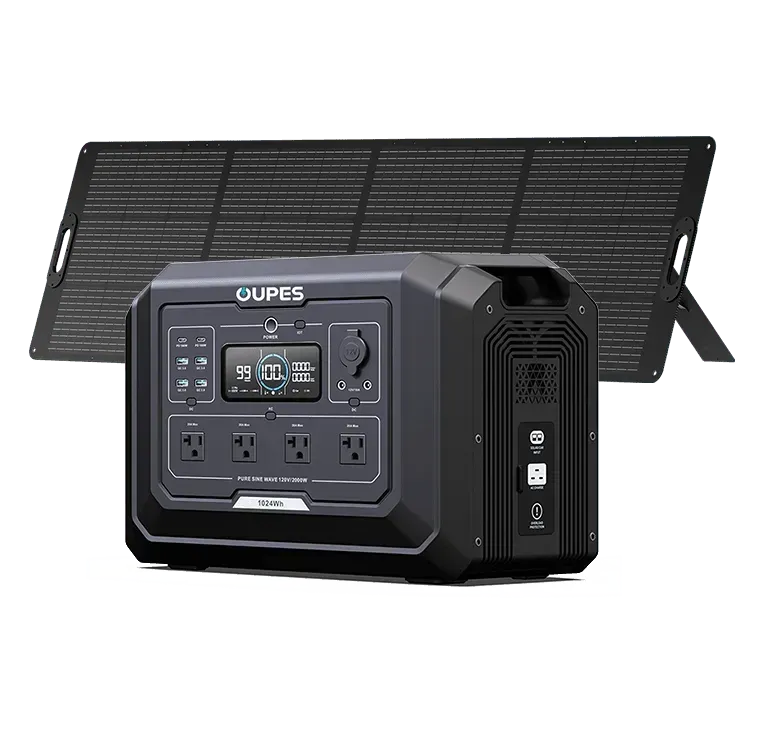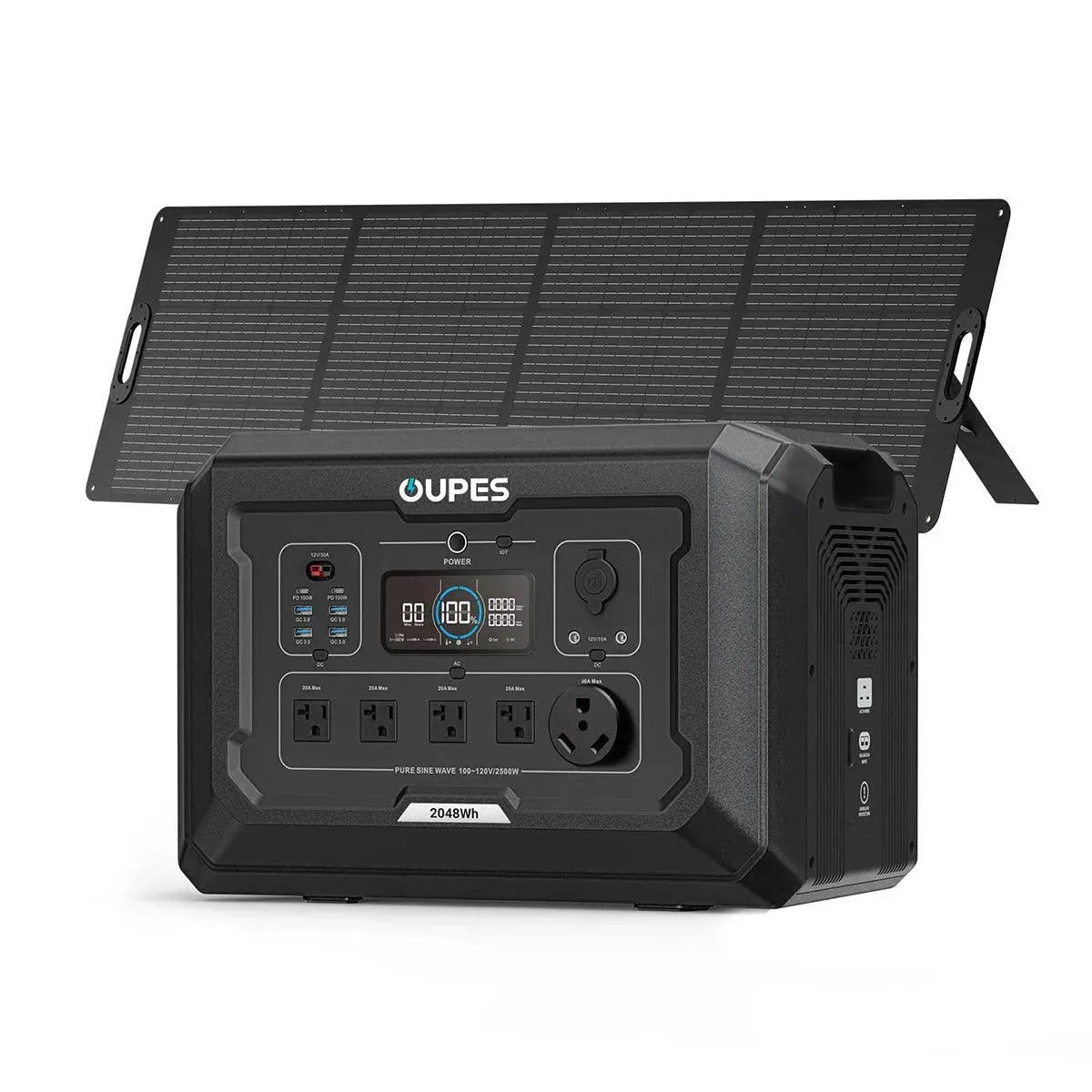
Imagine your home staying powered during a blackout—no noise, no fumes, and no need to rush to the gas station. As the demand for clean, reliable backup power rises, many homeowners are considering the combination of solar panels and battery storage, like a Powerwall, as an alternative to traditional gas generators. But is this modern solution really better?
In this article, we’ll break down the key differences between solar + Powerwall systems and conventional generators. From reliability and cost to environmental impact and long-term performance, we’ll help you understand which solution might best suit your home and lifestyle.
Energy Independence and Reliability
One of the most compelling benefits of a solar and Powerwall setup is energy independence. With this system, your home can generate, store, and use its own electricity—even when the grid is down. Solar panels produce power during the day, and any excess energy is stored in the Powerwall for use at night or during outages. This seamless operation means your essential appliances, lights, and electronics stay running without interruption.
Traditional generators, on the other hand, rely on a continuous fuel supply—usually gasoline, propane, or diesel. If you run out of fuel or can’t access it during an emergency, the generator becomes useless. Additionally, many generators require manual startup unless you invest in a high-end automatic model. Solar and Powerwall systems, in contrast, operate automatically and silently as part of your home’s energy network.
In terms of reliability, solar and battery systems have fewer moving parts and less chance of mechanical failure. Generators, especially those used infrequently, can fail to start when needed due to stale fuel, dead batteries, or lack of maintenance. Once installed and configured, a solar + Powerwall system requires minimal attention and can deliver years of dependable service.
For those living in areas with frequent storms, wildfires, or aging grid infrastructure, the peace of mind provided by a solar battery backup system is hard to beat. It offers continuous, reliable power without the noise, fumes, or hassles of managing a generator.
Cost Comparison and Long-Term Investment
At first glance, generators appear to be the cheaper option. You can buy a quality standby generator for less than the cost of a full solar + Powerwall installation. However, this is only part of the story. When evaluating long-term value, ongoing expenses, and potential incentives, solar systems start to look much more appealing.
Generators incur ongoing costs for fuel, maintenance, and potential repairs. Over the years, these expenses add up—especially if the generator sees frequent use. Plus, there’s the cost of safe fuel storage, oil changes, and potential emissions compliance depending on your local regulations.
Solar and Powerwall systems, although more expensive up front, have much lower operating costs. After installation, sunlight is free, and the Powerwall charges automatically from solar energy. Additionally, many regions offer federal, state, or local incentives, such as tax credits or rebates, that significantly reduce installation costs. The U.S. federal solar tax credit alone can cover 30% of the system’s cost.
Another advantage of solar + Powerwall systems is the potential for long-term savings on electricity bills. Many homeowners see a reduction in their utility costs as the system generates power during the day and draws from stored energy during peak pricing hours. Over time, these savings can help offset the initial investment.
While a generator is a reactive solution to power outages, a solar and battery system is both a backup and an everyday energy optimization tool. For homeowners thinking long-term and looking to reduce dependence on utilities, solar plus storage represents a smarter financial move.
Environmental Impact and Noise Levels
Environmental sustainability is one of the driving forces behind the growing popularity of solar and battery storage systems. Solar panels produce electricity from the sun, a clean and renewable energy source, and Powerwalls store that energy without emitting harmful gases. The entire process is silent, non-polluting, and carbon-free.
Generators, on the other hand, run on fossil fuels and emit carbon monoxide, nitrogen oxides, and particulate matter—contributing to air pollution and climate change. They also produce significant noise, which can be disruptive in quiet neighborhoods or during overnight usage. Depending on the generator type and load, the noise level can range from 60 to over 90 decibels—equivalent to a lawnmower or motorcycle.
Moreover, because generators produce toxic fumes, they must be operated outdoors and away from windows, vents, and doors to prevent carbon monoxide poisoning. There’s also the issue of fuel storage, which poses fire and safety risks if not handled correctly.
Solar and Powerwall systems are inherently safer and quieter. There are no combustion engines, no exhaust, and no hazardous fuel storage. This makes them ideal for residential areas, eco-conscious homeowners, and anyone looking to reduce their environmental footprint while maintaining reliable backup power.
Ease of Use and Maintenance Requirements
Ease of use is another area where solar + Powerwall systems shine. Once installed, the system operates automatically. It charges during the day, discharges as needed, and seamlessly kicks in during power outages. There’s no need to refuel, perform frequent maintenance, or worry about whether the system will start when needed.
Modern battery systems also come with intuitive apps and monitoring tools that allow homeowners to track energy usage, battery status, and solar production in real time. This level of visibility makes it easy to optimize energy consumption and extend battery life.
Generators, in contrast, require more hands-on management. Portable units need to be set up each time they’re used, including connecting extension cords or transfer switches. They require regular maintenance such as oil changes, spark plug replacements, and testing. Neglecting this maintenance can result in generator failure—usually at the worst possible moment.
Even standby generators, which are more automated, require annual servicing and occasional fuel replenishment. And while they may turn on automatically, they still produce noise and require outdoor clearance and proper installation.
For homeowners looking for a "set-it-and-forget-it" solution, solar and Powerwall systems offer far greater convenience and peace of mind compared to the operational complexities of traditional generators.
Scalability and Future-Proofing
As energy demands change, the ability to scale your power solution becomes increasingly important. Solar and Powerwall systems are highly modular. You can start with a smaller system and add more panels or additional Powerwalls as your energy needs grow. This flexibility is perfect for homeowners who plan to invest gradually or want to future-proof their energy setup.
Generators, on the other hand, are less adaptable. Once you purchase a generator of a specific capacity, you’re locked into its output. If your power requirements increase, you may need to purchase a completely new unit or run multiple generators—which increases noise, fuel use, and maintenance demands.
In addition, the shift toward electrification in homes (think electric vehicles, heat pumps, and induction stoves) means that demand for clean, efficient electricity is rising. A solar + Powerwall system integrates easily with these modern technologies, allowing homeowners to build a comprehensive clean energy ecosystem that supports EV charging, time-of-use energy management, and even grid participation programs like net metering or virtual power plants.
This kind of integration and flexibility is almost impossible with a generator. While a generator may solve an immediate need for backup power, a solar and battery setup prepares your home for a smarter, more energy-resilient future.
Conclusion
So, is solar and Powerwall better than a generator? In many ways, the answer is yes—especially for homeowners who value clean energy, quiet operation, low maintenance, and long-term savings. While generators still have their place, particularly for high-power or off-grid scenarios where solar access is limited, they fall short in terms of sustainability, convenience, and future-readiness.
Ultimately, the best solution depends on your energy needs, budget, and goals. If you’re looking for a backup power solution that works seamlessly, helps you save on electricity bills, and supports a greener planet, a solar + Powerwall system is a forward-thinking investment that delivers real value—for today and tomorrow.




























